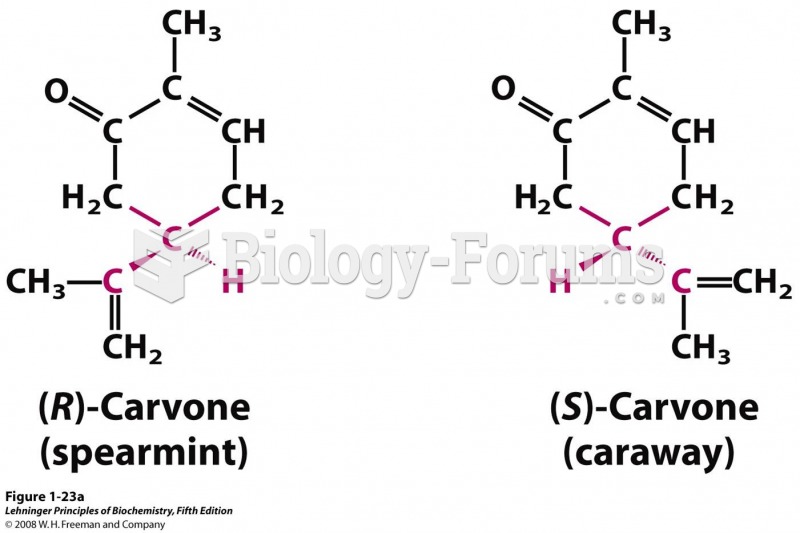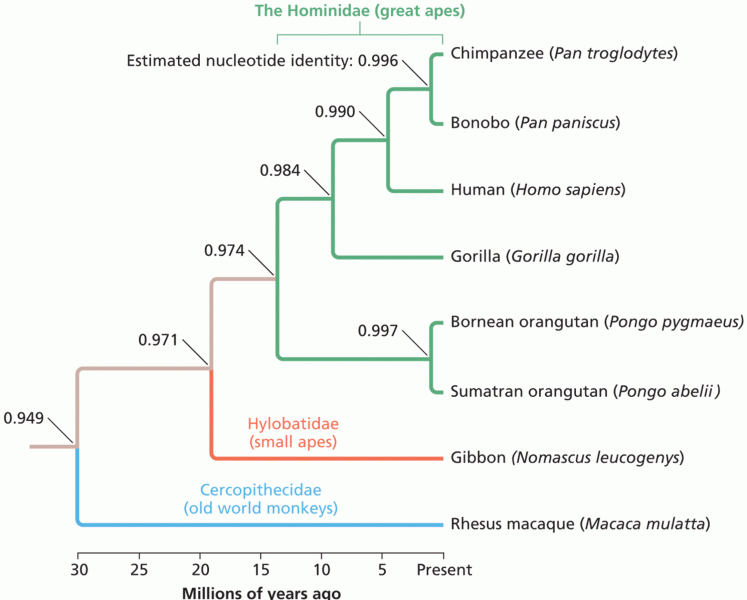|
|
|
Acute bronchitis is an inflammation of the breathing tubes (bronchi), which causes increased mucus production and other changes. It is usually caused by bacteria or viruses, can be serious in people who have pulmonary or cardiac diseases, and can lead to pneumonia.
Once thought to have neurofibromatosis, Joseph Merrick (also known as "the elephant man") is now, in retrospect, thought by clinical experts to have had Proteus syndrome. This endocrine disease causes continued and abnormal growth of the bones, muscles, skin, and so on and can become completely debilitating with severe deformities occurring anywhere on the body.
More than 150,000 Americans killed by cardiovascular disease are younger than the age of 65 years.
The most destructive flu epidemic of all times in recorded history occurred in 1918, with approximately 20 million deaths worldwide.
The ratio of hydrogen atoms to oxygen in water (H2O) is 2:1.
 As a result of sharing its environment with humans, this macaque had the opportunity to steal an ast
As a result of sharing its environment with humans, this macaque had the opportunity to steal an ast
 (a) Initial mtDNA results suggested modern humans and Neadertals were equally distantly related to D
(a) Initial mtDNA results suggested modern humans and Neadertals were equally distantly related to D





